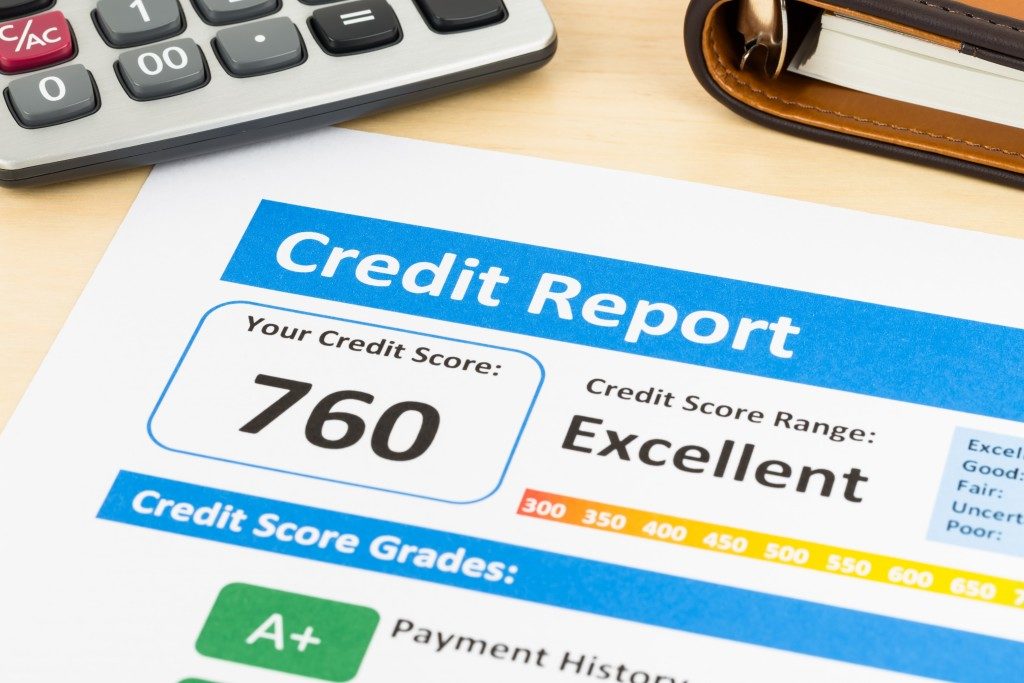Credit scores are as standard as utility bills, and yet a lot of people still have the wrong ideas about them. These myths can prevent you from making the right financial decisions and maximizing your ability to take up a loan.
1. You Have Only One Credit Score
It’s possible to have more than one credit score, and it’s because the United States has three credit bureaus. These are Experian, TransUnion, and Equifax.
The types of information they collect from lenders and other financial institutions are similar, but their collection and interpretation methods can vary. Some lenders might not even send their reports to all three.
Calculating your credit score means considering different factors, including your credit history. Depending on what goes into the file for each of these bureaus, your score can differ. That’s why experts encourage you to get all three. You are entitled one free credit report from these bureaus annually.
2. You Can No Longer Apply for a Loan When You Have Bad Credit

A bad credit score is somewhere between 300 and 499, although these numbers can also vary between periods. It usually happens when you have a lot of late payments, bankruptcy record, or financial judgments, to name a few.
Since a credit score shows your capacity to pay or creditworthiness, some lenders want to avoid applicants with bad credit. Others don’t, and they can extend loans for people with bad credit.
Just a note, however. These types of loans can have shorter payment periods or require you to have a stable source of income. They can also perform background checks.
Either way, having bad credit isn’t the end of the road for you. Besides, lenders can have different ranges for bad credit. Still, it is necessary to improve your score so you can access other loans.
3. A Thin Credit History Can Result in a Bad Credit Score
Thin credit history might mean you don’t have enough investments to establish your creditworthiness. For example, you might not have any mortgage or consumer debt such as credit card.
Thin credit history can potentially result in a low credit score, but it’s not the end. As mentioned, you get a credit score by analyzing many factors. These include your debt balances, length of credit history, payment history, and credit mix.
4. Paying Off Debts Improves Credit Score

Surprisingly, the opposite can happen. Again, it all boils down to the categories or criteria used by companies to determine your credit score. One of these is current debt balances, which comprises about 30% of the score. The good news is that it’s only temporary. In other words, the benefits will always outweigh a potential low score anytime.
It’s normal to feel intimidated with credit scores. Perhaps society made it seem it’s the only thing that matters financially. In reality, lenders consider multiple factors before they approve an application. You also have the chance to rebuild a poor credit score.
What’s essential is you make smart financial decisions—one that doesn’t bury you into a pile of debt you can hardly pay.

